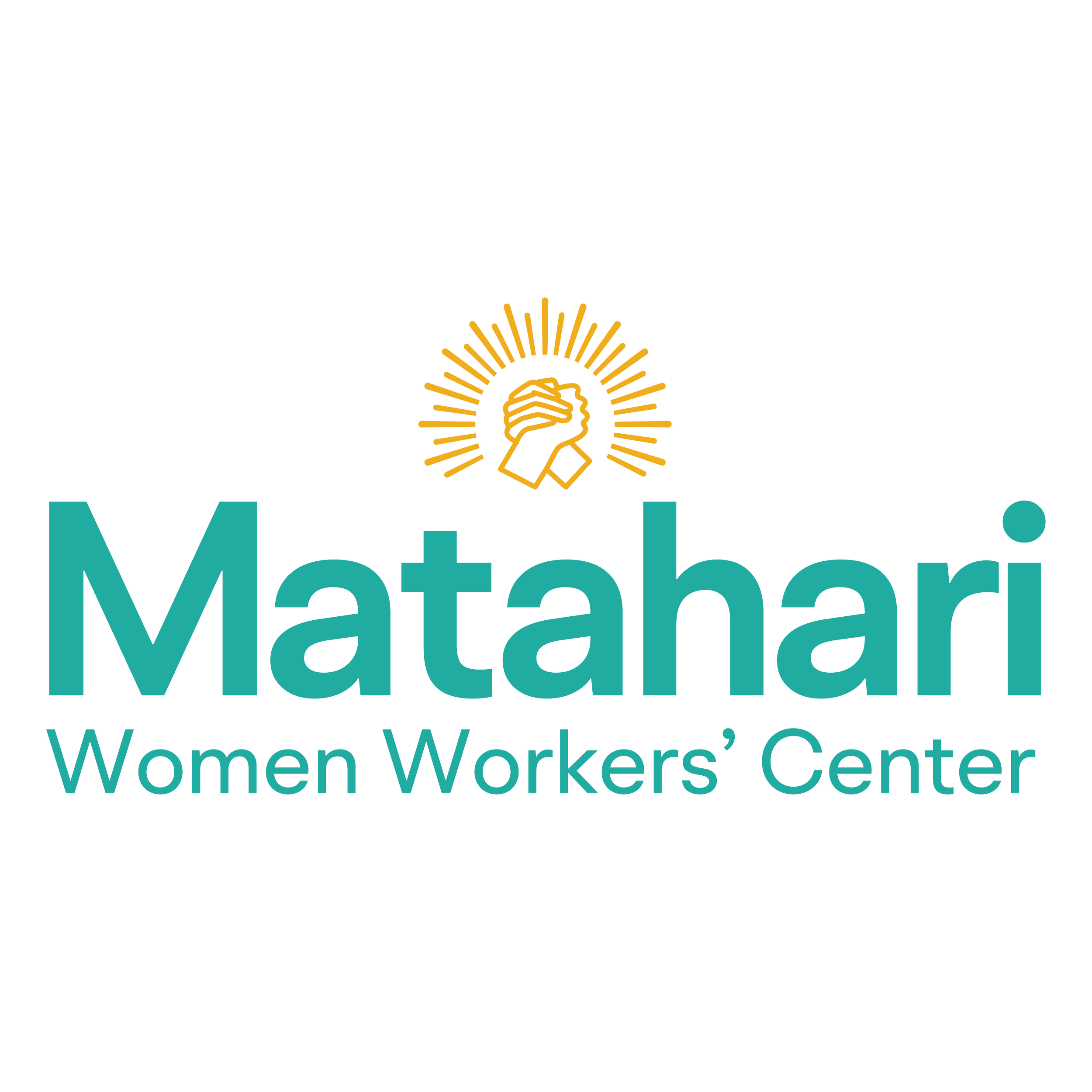Massachusetts Au Pairs Respond to National $65.5 Million Settlement
See below for Matahari's statement on a recently announced proposed settlement for au pairs. Also check out Matahari's Nanny Thaty in news coverage of the proposed settlement: https://bit.ly/2QF7Yg8 // Vea a continuación la respuesta de Matahari sobre un acuerdo propuesto recientemente anunciado para lxs au pairs. También puedes escuchar de Nanny Thaty de Matahari en la cobertura de noticias del acuerdo propuesto: https://bit.ly/2QF7Yg8
Boston, MA - January 14 2019 - A proposed settlement of a lawsuit brought by au pairs would grant $65.5 million to nearly 100,000 individuals who were au pairs in the U.S. between 2009 and 2018. Au pairs come to the U.S. on J-1 visas as part of a cultural exchange visitor program under the U.S. Department of State. Typically young women, au pairs provide in-home childcare for up to 45 hours per week. For this work, they receive weekly stipends of $195.75, or what amounts to $4.35 per hour. Au pairs are classified for immigration purposes as exchange visitors, but when they are working to provide essential childcare services to host families, they are underpaid employees. The lawsuit claimed that 15 au pair agencies colluded to keep au pair pay down and disregarded state minimum wage and overtime laws, among other arguments.
The Boston-based Matahari Women Workers’ Center (“Matahari”), which organizes thousands of au pairs, nannies, and other domestic workers, applauds the au pairs who have bravely brought forward this case and their legal team. In Massachusetts, however, au pairs continue to fight for basic labor protections, including inclusion in the 2014 Massachusetts Domestic Workers’ Bill of Rights. Says Tatiane Oliveira, Matahari Member-Leader and former au pair from Brazil, “As a former au pair and professional nanny, I am excited to build off the momentum from this settlement to continue pushing for labor protections for au pairs. We know that the fight to keep au pairs protected by the Domestic Worker Bill of Rights impacts not just au pairs, but tens of thousands of other domestic workers as well.”
Cambridge-based Cultural Care Au Pair, a sponsor agency and affiliate of the global corporation, Education First, has led multiple failed attempts to remove au pairs from the protections of this law, arguing that au pairs are not in fact workers, despite the 45 hours of weekly child care they provide. Thanks to the organizing work of au pairs and others domestic workers, au pairs remain protected. Cultural Care has since sued the Massachusetts Attorney General in an effort to remove itself from the law. A federal district court ruled against Cultural Care and found that au pairs are covered by the law. Cultural Care is now appealing that decision. Matahari awaits this important ruling and anticipates that it will confirm that Massachusetts au pairs are covered under the Domestic Worker Bill of Rights and entitled to receive the mininmum wage and overtime under Massachusetts law.
Matahari will continue to organize to ensure basic protections and wage rights, an increase in the amount of the education credit given to au pairs to allow for a true cultural exchange, proper program oversight by an unbiased party, and improved screening and regulation of potential and current host families.
###
About Matahari
Matahari Women Workers’ Center is a Boston-based community organization, working to end gender-based violence and exploitation. Founded in 2002, Matahari is a leading force in advancing the rights of women workers, immigrant families, and survivors of violence and exploitation. Matahari was instrumental in passing the 2014 Massachusetts Domestic Worker Bill of Rights, which extends basic labor protections to nannies, au pairs, adult caregivers, and house cleaners.
Are you an au pair and want to learn more? Are you another domestic worker or community member and want to support this continued fight? Please email Julia Beebe at julia@mataharijustice.org. Spanish translation of statement to come soon! // ¿Eres unx au pair y quieres aprender más? ¿Eres otrx trabajadorx del hogar o miembrx de la comunidad y quieres apoyar esta lucha continua? Por favor envie correo electrónico a Julia Beebe a julia@mataharijustice.org. ¡La traducción al español de nuestra estará lista pronto!

